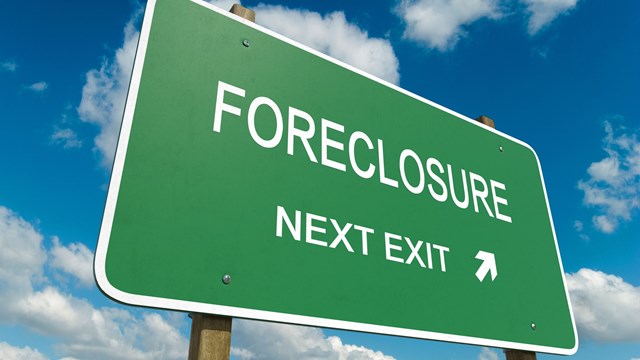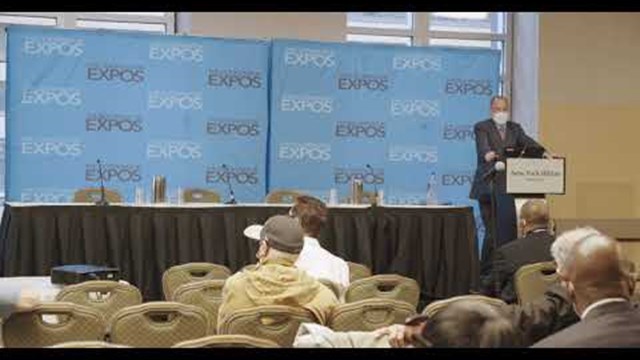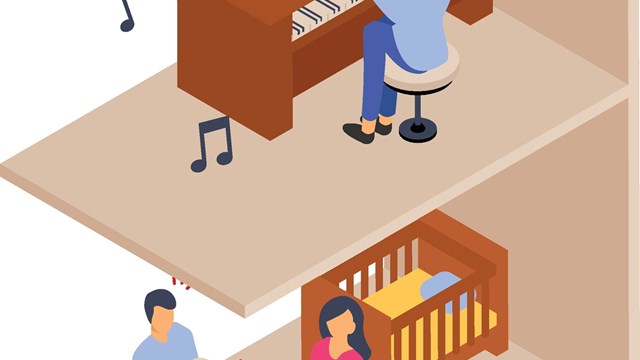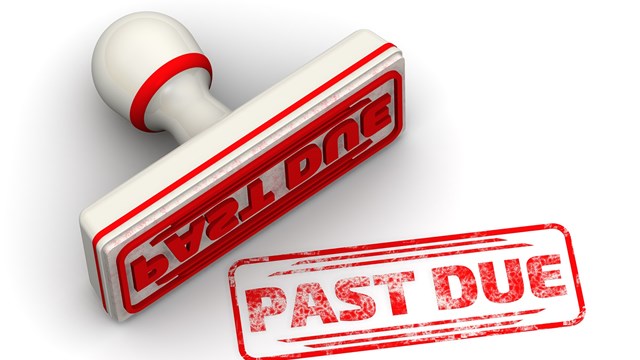Conflicts between both unit owners and their co-op or condo, or between neighbors, can get ugly pretty quickly. Often due to many considerations--in particular the slow pace of anything in common-interest properties and the general reluctance to spend money--these conflicts can result in growing anger and frustration. The first response of many a frustrated shareholder or unit owner is to threaten financial retaliation, usually by withholding maintenance or common charges. But is this a viable option for either the resident or their board?
What Does the Law Say?
Under the Business Corporation Law (BCL) of New York State, which governs co-ops in New York, a shareholder is not permitted to withhold monthly maintenance payments for any reason, particularly as a weapon to force a co-op board to resolve a problem. Mark Hakim, director of the co-op and condominium department with Chaves & Perlowitz, a Manhattan law firm, says, “Cooperators shouldn’t do this. There are, though, some attorneys who will counsel their clients to do so to extract resolution. If they do this, they should deposit the maintenance money in escrow.”
The answer to resolving these types of disputes generally lies within the Warranty of Habitability, a clause that appears in every proprietary lease. Section 235b of the New York Real Property Law reads as follows:
“In every written or oral lease or rental agreement for residential premises, the landlord or lessor shall be deemed to covenant and warrant that the premises so leased or rented and all areas used in connection therewith in common with other tenants or residents are fit for human habitation and for the uses reasonably intended by the parties and that the occupants of such premises shall not be subjected to any conditions which would be dangerous, hazardous or detrimental to their life, health or safety. When any such condition has been caused by the misconduct of the tenant or lessee or persons under his direction or control, it shall not constitute a breach of such covenants and warranties.”
What Does It Mean?
In this case the co-op corporation -- basically the 'landlord' -- must provide a livable environment for the shareholder -- basically the 'tenant.' Although we call ourselves ‘owners' in co-ops and own shares in the corporation that owns the property, the relationship between board and residents is more like a landlord-tenant dynamic than in the more hands-off structure of a condominium association.
In cases of physical disruption, explains Hakim, the co-op shareholder, though technically not entitled to withhold maintenance, might have a chance of resolving a long-term dispute by escrowing maintenance. He cites examples such as mold or leaks or similar physical problems that might result in conditions that could make the apartment uninhabitable. “These are circumstances under which it’s acceptable to withhold,” he says.
What about unresolved noise issues between neighbors? Hakim cautions cooperators to be careful. “Noise,” he points out, “is a fact of life in urban living, and someone’s children running around at two in the afternoon in the apartment above you may be offensive to someone who works at home, but probably wouldn’t qualify as an acceptable reason to withhold maintenance. Furthermore, the cooperator withholding should be very careful, because if a court found against them, they could be liable for legal costs to the co-op and fines for late payment because they are in default of the bylaws.”
What About Condominiums?
As a completely different type of ownership--real property, not shares in a corporation--owners of condominium units are not protected by the warranty of habitability clause found in a proprietary lease.
According to the NYSBA's N.Y. Real Property Law Journal, Spring 2008, Vol. 36, No. 2: “No landlord-tenant relationship exists between a condominium unit owner and a condominium association. The warranty of habitability is inapplicable. A condominium unit owner may not withhold common charges to the condominium association because of building violations in either the common areas or within a unit. A landlord-tenant relationship is created when a unit owner leases a unit to a tenant. That tenant may enforce the warranty of habitability against that unit owner. That tenant does not have this relationship with the condominium association and cannot enforce the warranty of habitability against it.”
“If you withhold common charges, you are in default of your bylaws and responsible for the costs, fees, etc., associated with your actions,” says Hakim. “You have greater rights in a co-op given the leasehold nature of the tenancy.”
In any event, consult an attorney before you withhold maintenance or common charges. It’s a serious move and can result in serious consequences.
AJ Sidransky is a staff writer at The Cooperator. and a published novelist.










Comments
Leave a Comment